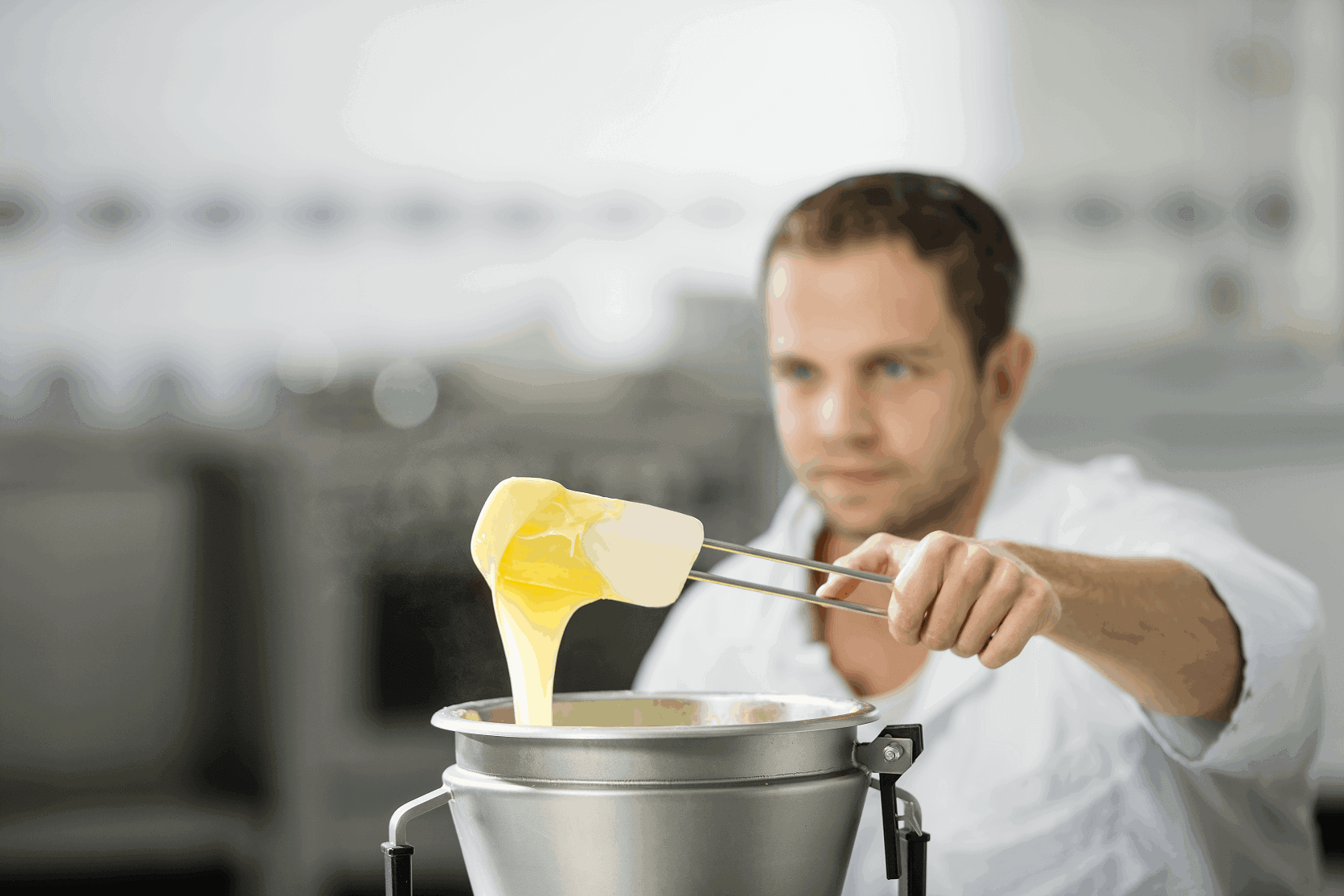From plant-based sausages, burger patties and nuggets to dairy product and cheese alternatives, the market now offers an enormous variety of plant-based foods. In other words, plant-based has become part of consumers’ daily lives. Plant-based foods are their own category in supermarkets, and no longer represent merely giving up meat. On the contrary, they offer increased choice in foods. This is shown by the large flexitarian target group within the plant-based market. So it comes as no surprise that Innova Market Insights projects further growth in this category. According to these market researchers, “plant forward” is a worldwide phenomenon and one of the Top Ten Trends for the coming year.
Flavour and texture determine repeat purchases
The growing consumer popularity of plant-based products will, according to industry experts, also lead to growing demand for new formats, plant proteins and higher-end alternatives. Per the Innova consumer survey, the main reasons for buying plant-based foods are health, variety in the diet, sustainability and flavour. Dr. Dorotea Pein, Director Product Management at Planteneers, comments: “Flavour plays a central role. The health, variety and sustainability criteria only come into play when the flavour and texture are right. These are what determine whether a product will be purchased more than once. So we research the different plant proteins and their possible applications very thoroughly.”

In addition to technical aspects like usability in the planned process, applications technologists look into the sensory properties of various proteins. Flavour, aftertaste, texture and colour are key factors. “In selecting the proteins you have to be very careful that the protein’s intrinsic flavours fit the product,” says Dr. Pein. “One example is yogurt, which is normally relatively flavour-neutral. It gets its taste and slight acidity from the cultures in it. If a cultured plant-based dessert is to have the character of traditional yogurt, it can only contain certain proteins.”
Clean and lean label with cheese alternatives too
The situation is different with cheese alternatives, a product category of high interest to flexitarians. Cheese is often a part of a diet that is hard to give up. Cheese has a strong intrinsic flavour, so it is possible to add flavourings to mask the flavour of the protein. With the all-in compounds in the fiildDairy range, Planteneers offers a selection of plant-based alternatives to cream cheese, pizza cheese, and hard cheese in slices and blocks. Alternatives to cheese fillings, for example for plant-based schnitzel and the like, are also no problem. In developing plant-based products Planteneers takes care to keep ingredient lists short. For example, the latest highlights include a plant-based alternative to feta cheese that has no E-numbers.

New for fermented products are special alternatives to cottage cheese. These are based on either almond or oat protein, and so are soy-free. Planteneers also applies the free-from trend to its plant-based alternative to quark. This clean label system has no E-numbers and can also be used to produce a plant-based version of sour cream. The products are made using almond drink or paste, and so are also free from soy.
The research results from Innova Market Insights show the potential that plant-based cheese alternatives have. Consumers like cheese very much, so it is an important product category in the plant-based alternatives market. “Technologically, these plant-based products are absolutely comparable to the animal-based originals,” notes Dr. Pein. “They have the flavour and texture people want, brown well, and make any pizza an indulgence with their melting behaviour. However, their nutritional value needs to be improved, since unlike with meat alternatives, plant protein cannot be readily used in cheese technology.”
Improved nutrition
To change this, Planteneers researches continuously in the company’s own Plant Based Competence Center to find new solutions. With its sister company Hydrosol, Planteneers is also a cooperation partner with the NewFoodSystems innovation space supported by the German Ministry of Education. Other members include the Fraunhofer Institute, the Max Rubner Institute and various universities and research institutions. “As a partner of this expertise network, we are in constant communication with leading scientists in the field of plants protein,” reports Dr. Pein. “We’re also increasing our own research and development work. For this purpose we’ve invested in a cheesemaking laboratory to investigate new technologies, and are continuing to expand our research team. Our goal is to make plant proteins more usable for cheese alternatives, ultimately in order to improve their nutritional value.”

With plant-based alternatives to cream and hard cheese, manufacturers can add new trend products to their offerings. If, in addition to their technical attributes, these also feature nutritional profiles with the essential amino acids needed by the body, they will meet consumers’ desire for healthy nutrition. Healthy indulgence remains one of the mega-trends on the international food market, and this is driving consumer expectations for plant-based products as well. The enriched milk alternatives market is the best proof of this. “Plant-based drinks enriched with special nutrients are the strongest category, by a wide margin,” comments Dr. Pein. “In close collaboration with our sister company SternVitamin we have already developed enriched plant drinks for special target groups, and so have experience in this area. We are building on these approaches to improve the nutritional profile of plant-based cheese alternatives, towards not just offering consumers full flavour and indulgence, but also meeting their expectations for healthy nutrition.”
About Planteneers:
Planteneers GmbH headquartered in Ahrensburg, Germany, develops and produces custom system solutions for plant-based alternatives to meat, sausage and fish products, as well as cheese, dairy products and deli foods. As a member of the independent, owner-operated Stern-Wywiol Gruppe with a total of twelve sister companies, Planteneers can make use of many synergies. The company has access to the knowledge of some 100 R&D specialists and to the extensive applications technology of the large Stern-Technology Center in Ahrensburg, Germany. As part of the Technology Center, the Plant Based Competence Center formed in 2019 is the creative pool for alternative solutions and the heart of Planteneers. Customers also benefit from the Group’s international network of 17 affiliates and numerous qualified foreign representatives in the world’s key markets, as well as the Group’s shared production facilities and own logistics resources. With revenues of over 500 million euros and some 1700 employees around the globe, the Stern-Wywiol Gruppe is one of the world’s most successful international suppliers of food & feed ingredients.
Planteneers sales contact:
[email protected]
+49 4102 99494 10





